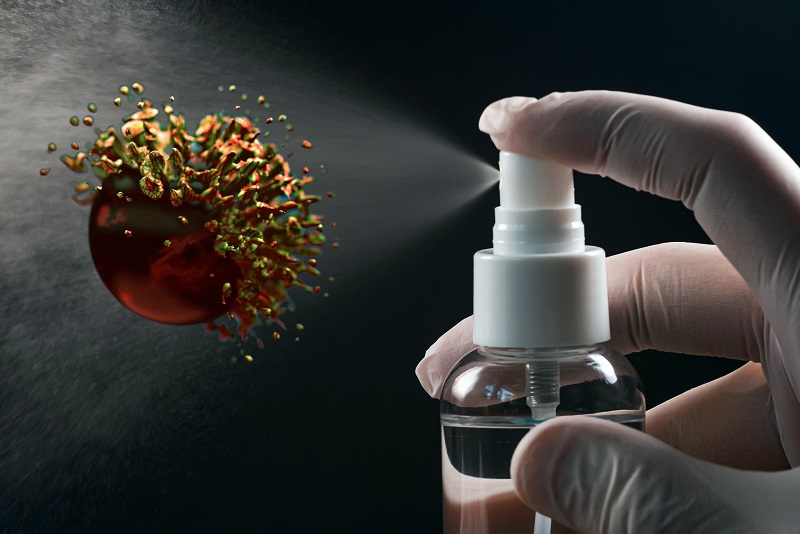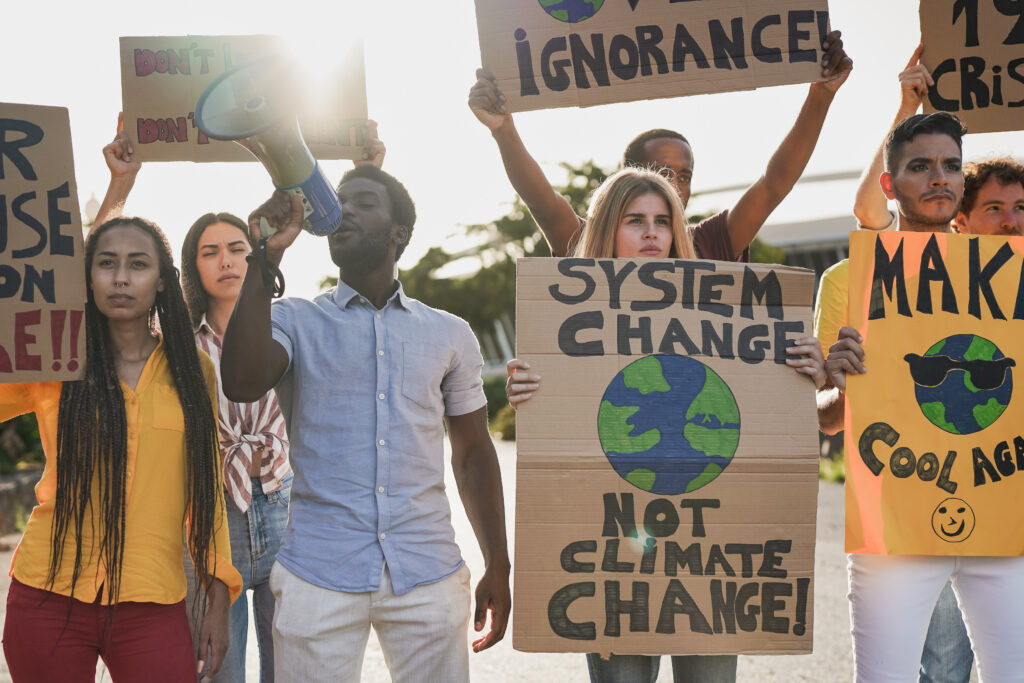Since COVID-19 was declared a pandemic by the World Health Organization (WHO) in March 2020, experts have learned – and continue to learn – more about the disease. Numerous myths and speculations have been debunked by science. The unfortunate fact, however, is that misleading information about Basics Of COVID-19 still continues to pop up from time to time, deceiving some members of the general public. Needless to say, access to the right knowledge is crucial in order for people to protect themselves and their loved ones.
In this article, we’ll give you a brief run-through of what we know about COVID-19 thus far – straight from official sources.
COVID-19: What are the symptoms?
Caused by the virus SARS-CoV-2, coronavirus disease 2019 or COVID-19 was first detected in Wuhan, China in December 2019. It has since spread to all continents across the world.
“Most people with COVID-19 have mild symptoms, but some people can become severely ill,” according to the website of the Centers for Disease Control and Prevention (CDC). “Although most people with COVID-19 get better within weeks of illness, some people experience post-COVID conditions.”
WHO has likewise confirmed that the virus can affect “different people in different ways” i.e. some can actually be infected by the virus without exhibiting any symptoms, a condition referred to as ‘asymptomatic’.
That said, common COVID-19 symptoms include cough, fatigue, fever, and loss of taste or smell. Along with these, infected individuals may also experience less common symptoms (headache, diarrhoea, aches and pains, skin rash, sore throat, etc) or serious symptoms (breathing difficulties, chest pains, speech loss, etc).
Typically, healthy people with mild symptoms should be able to recover with home treatment. Those who suffer from serious symptoms should receive immediate medical attention.
Meanwhile, some infected individuals who later test negative still continue to feel symptoms (i.e. long COVID) in the days, weeks, or even months following their initial recovery.
Basics Of COVID-19:
The virus spreads “from person to person”
By now, we all know that COVID-19 spreads when an infected individual “breathes out droplets and very small particles that contain the virus,” per the CDC.
Harvard also tells us that the coronavirus “spreads mainly from person to person.”
“A person infected with coronavirus — even one with no symptoms — may emit aerosols when they talk or breathe,” their website reads. “When people are in close contact with one another, droplets that are produced when an infected person coughs or sneezes may land in the mouths or noses of people who are nearby, or possibly be inhaled into their lungs.”
What you can do to prevent getting infected with COVID-19

Authorities from around the world have repeatedly encouraged people to follow basic precautions in order to mitigate the spread of the virus.
The simple act of handwashing, for instance, has been described by the CDC as “one of the best ways to protect yourself and your family from getting sick.”
Using soap and water, habitually washing your hands for a minimum of 20 seconds – especially after coughing, sneezing, using the bathroom, or before eating or preparing food – can help avoid virus infection. Alternatively, alcohol-based hand sanitizers with a minimum of 60% alcohol can be used.
Additionally, WHO emphasizes that masks “should be used as part of a comprehensive strategy of measures to suppress transmission and save lives,” adding that mask wearing should be “a normal part of being around other people.”
Other important health protocols to observe include avoiding crowds, maintaining physical distancing, and keeping rooms ventilated.
Vaccines can prevent serious illnesses and deaths
“Vaccines,” WHO pointed out, “save millions of lives each year” and the same can be said about the vaccines developed against COVID-19.
The US health agency likewise shared that, as of January 12, 2022, the following vaccines “have met the necessary criteria for safety and efficacy”:
- AstraZeneca/Oxford vaccine
- Johnson and Johnson
- Moderna
- Pfizer/BionTech
- Sinopharm
- Sinovac
- COVAXIN
- Covovax
- Nuvaxovid
It is important to get vaccinated – and to receive a booster – as soon as one is eligible in order to prevent serious illness and death, according to health authorities. As Lisa Maragakis, senior director of infection prevention at Johns Hopkins Medicine, urged the public:
“Get vaccinated for COVID-19 and get a booster as soon as you’re eligible.”
Testing still plays a big role in the fight against COVID-19
With the recent emergence of highly transmissible variants of the virus, testing remains an important tool in the ongoing fight against COVID-19. Testing infected people, whether they show symptoms or not, can help in immediately treating cases and in preventing further virus transmission.
In a TIME article published early this month, health and medicine correspondent Alice Park wrote:
“If 2021 was the year of the vaccine, 2022 should be the year of testing.”







